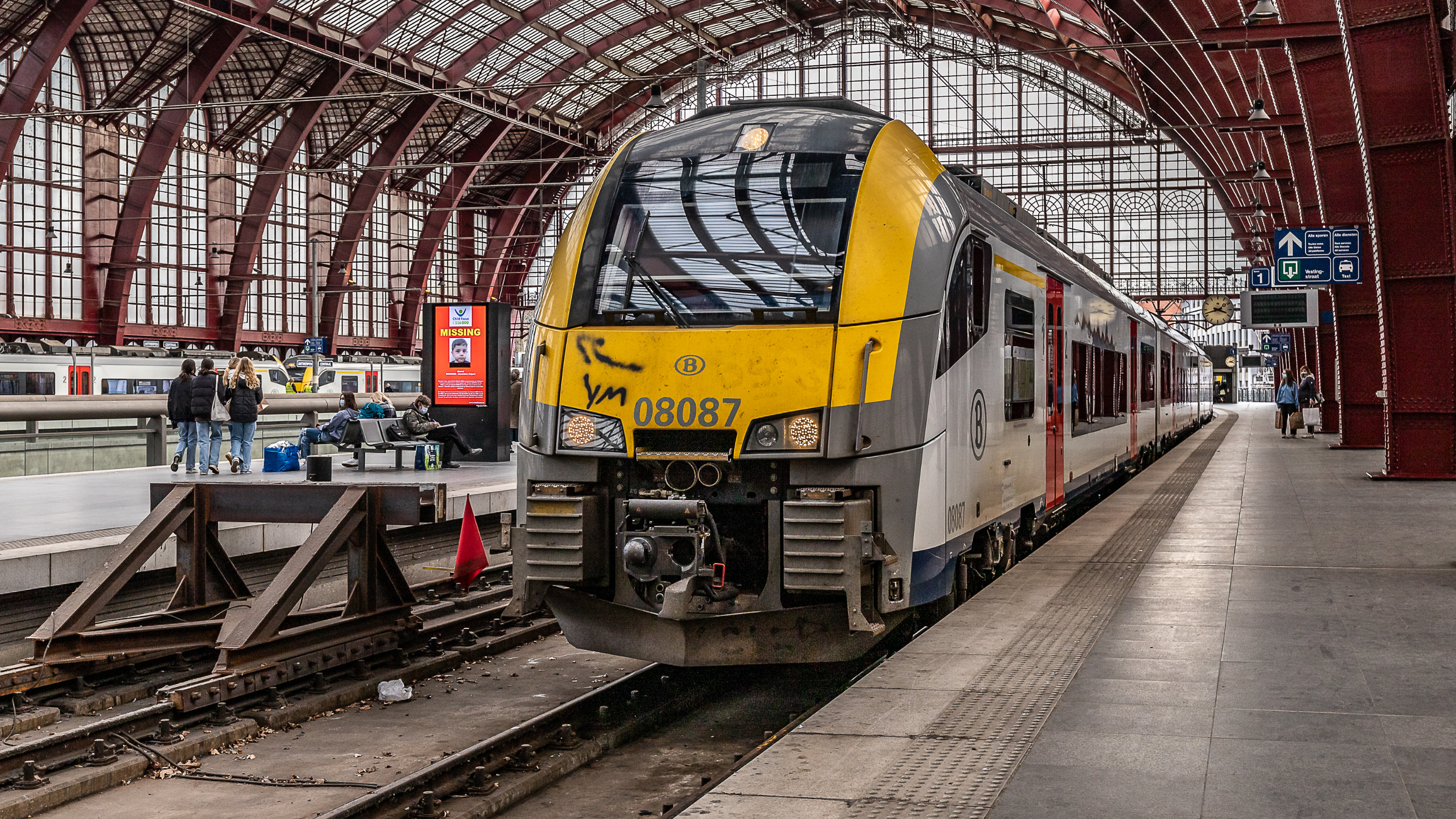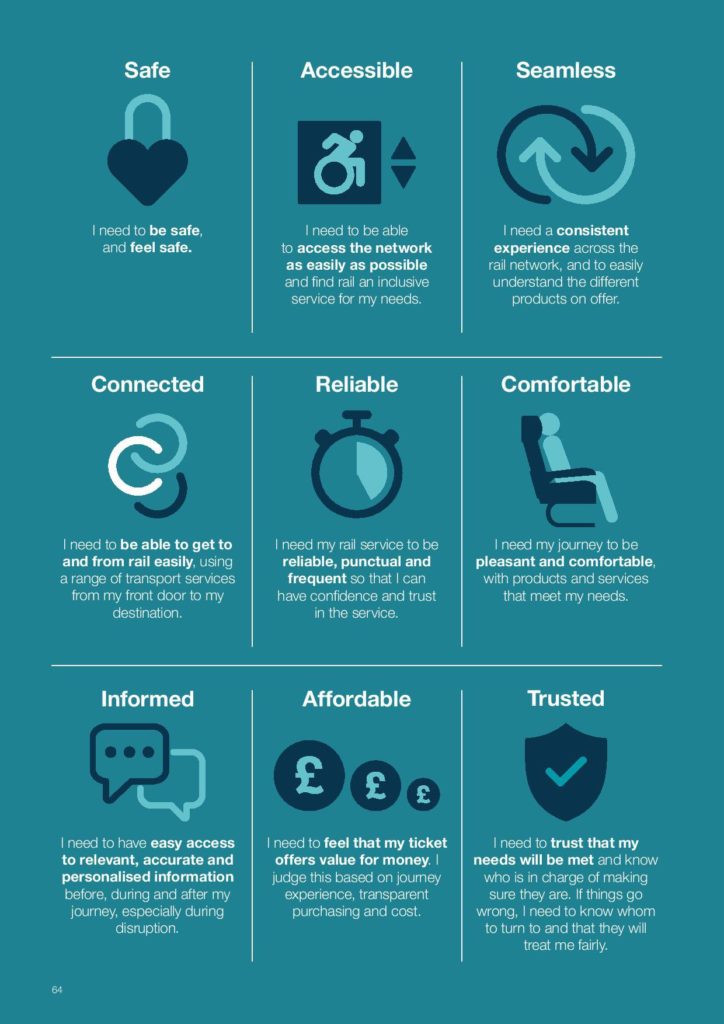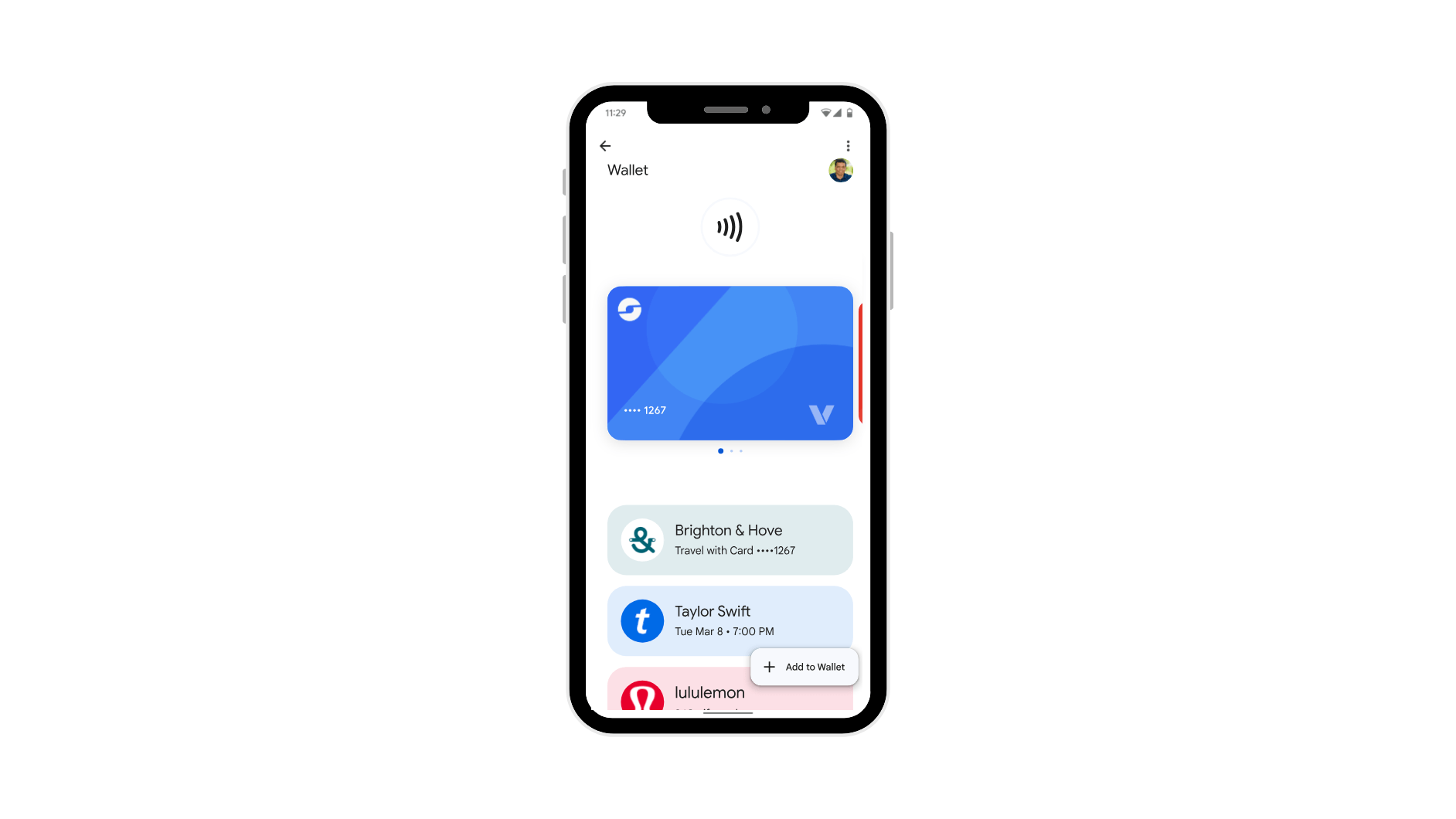Ticketing reform central to UK railways shake-up
by Andreea

A new policy paper published today by the UK government announces a shake-up of the railways in Great Britain which upgrade rail ticketing technology by prioritising simplified tickets and the standardisation of mobile and online ticketing. Affordable ‘turn up and go’ fares and capped season tickets will be protected and flexible season tickets will be introduced to reflect new travel patterns.
The UK government has announced its plan to transform the railways in Great Britain. Its policy paper, ‘Great British Railways: Williams-Shapps plan for rail’, published today, outlines a restructuring that will see rail rebranded ‘Great British Railways’ and the new public body taking responsibility for track and stations, as well as ticketing, timetables and network planning.
A quarter of a century after British Rail was disbanded and the network privatised, trains will still be run by private companies under new ‘Passenger Service Contracts’ instead of franchise arrangements. Operators will be paid to provide high quality services, with incentives to increase passenger numbers. Responding to the fall in rail travel as a result of the pandemic, new flexible season tickets for people commuting two or three days a week will be introduced.
Ticketing reform
Under the changes, Great British Railways will replace the current operator of infrastructure, Network Rail, but is not expected to be established until 2023. While this longer term transition takes place, the government and sector will get to work on implementing changes to bring benefits to passengers quickly. These include:
- Delivering its commitment to Pay As You Go travel
- Contactless journeys and continued roll-out of digital ticketing
- Introduction of flexible season tickets
- Renewed focus on punctuality
- Clearer passenger communications
Simplifying payments
At Littlepay, we’re encouraged to see the focus on simplifying the way people buy tickets by providing easy, frictionless payment options for every journey across the network.
It’s clear that seamless payments and simple, value-added fare structures will make rail more attractive to passengers – and that the cost, complexity and inconvenience of paper-based ticketing has had its day.
We welcome the commitment to developing a joined-up approach to ticketing, which combines PAYG contactless payments for commuters and in cities, with digital tickets for regional, long distance and frequent journeys. There’s also an objective to make journeys across rail, bus, tram and bike more seamless in the future – with greater availability of integrated ticketing between transport and mobility services.
Amin Shayan, CEO at Littlepay, says,
“We’re fully committed to this approach already. We’re continually working to reduce friction across on-vehicle and mobile channels, and provide flexible fare scenarios to support changing travel patterns. We see this omni-channel approach using open payments as key to the future of transport and mobility payments. It gives passengers a seamless payment experience, convenience and time-savings; and drives down the cost of ticketing significantly.”
It’s good news for innovators in the ticketing and payments space, like Littlepay, that the new policy paper identifies the need to stimulate more dynamic, competitive supply chains. Simpler procurement processes are vital to remove the barriers to adopting emerging technologies.
Most of the objectives set out for modernizing rail ticketing and payments are available across the UK bus network via Littlepay’s modular payment system. This technology can be applied to implement multi-operator and multi-modal ticketing schemes. We hope to get the opportunity to work with new partners in the rail industry to help unify the payment and travel experience for UK transit users.
Passenger needs identified by the rail review

Trending Topics

Project Highlights: Washington DC’s record breaking upgrade to accept open loop payments

Nevada County Connects leverages Cal-ITP’s Mobility Marketplace to elevate the payment experience across its bus network

 Insight
Insight
 Knowledge
Knowledge
 News
News
